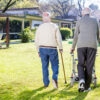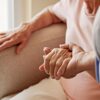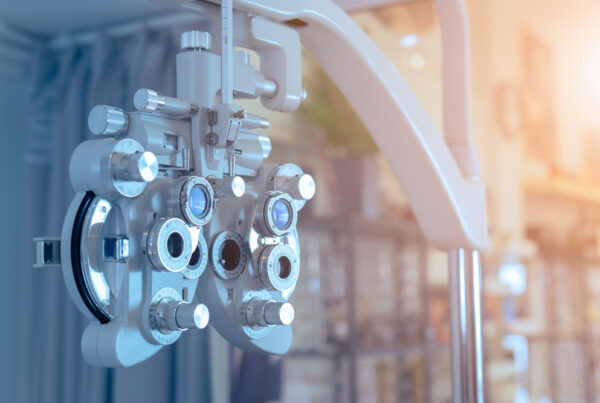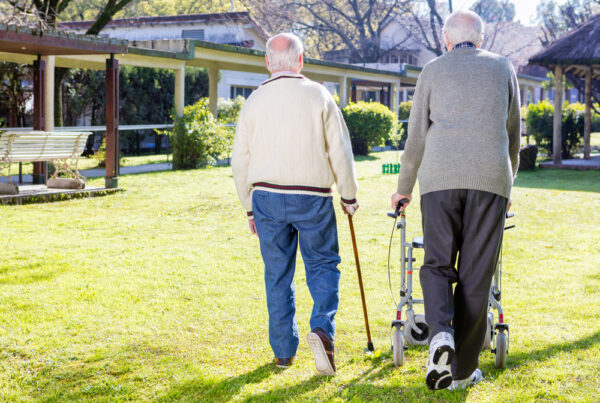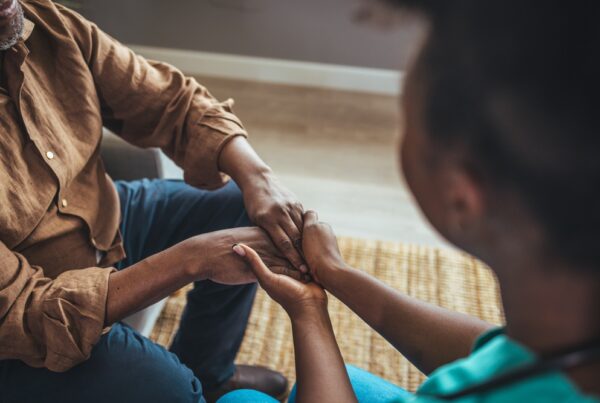Baby Boomers consider themselves healthier than younger generations, with Gen Zs and Millennials saying mental health, financial stress and quality of life are impacting their overall health and wellbeing, Bupa’s annual survey reveals.
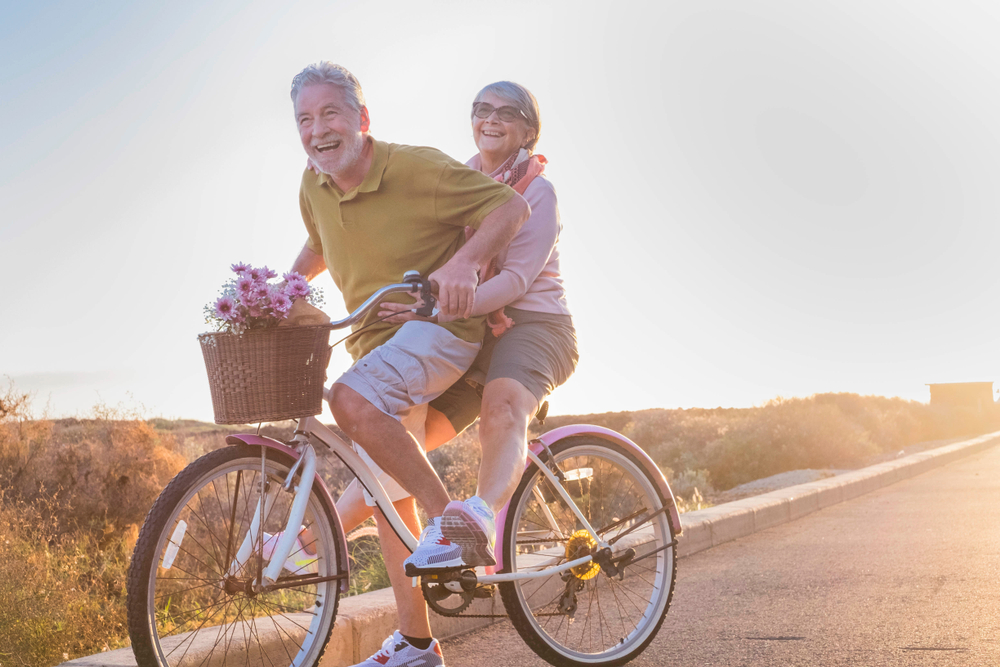
The latest Bupa Pulse Check showed while there is an increase in people using technology such as wearables to monitor their health and fitness, 53 per cent of those aged between 18-29 say it’s having an overall negative impact on their mental wellbeing. The reports says this has forced many to do a digital detox and reduce time on devices, compared to only 16 per cent of those aged 60 and above saying tech was not interfering with them living their best life.
The study of 2000 Aussies, conducted by Quantum Market Research, shows while younger Australians want to be healthier and experiment with new health and wellbeing trends, they do not rate themselves as healthy as the older generations. Baby Boomers were most inclined to feel they were healthier than the younger generations.
Bupa Pulse Check also reveals how the cost-of-living crisis is impacting people’s mental health, with finances now overtaking mental health as the top factor impacting our quality of life compared to last year. One in six Aussies also rate their mental health as poor.
Compared to last year, 35 per cent said their perceived quality of life worsened with current housing and rental market conditions key contributors, up from 31 per cent last year. Those concerned about developing a chronic illness dropped to 65 per cent from 68 per cent but there was an uptick in Aussies spending more time outdoors, jumping from 66 per cent to 70 per cent.
Other key findings of the major national study looking at Australians’ attitudes towards their health and wellbeing also found:
- Aussies have increased their focus on health and wellbeing, upped their exercise and moderated their lifestyles including 45 per cent cutting back on alcohol and 62 per cent taking vitamins or supplements.
- 43 per cent took five or more actions to improve their mental health, with exercise and healthy eating topping the list.
- Aussies had greater intentions to do more fitness activities than last year, with going to the gym and swimming leading the way.
- Costs and a lack of motivation are the key hurdles to maintaining good health and wellbeing.
- Running is on the rise with 10 per cent more pounding the pavement in the last year.
Bupa Health Insurance Managing Director Chris Carroll said: “Overall Australians have started the new year with a healthier mindset and are putting their mental health and wellbeing first.
“This research shows us while there is a generation gap, there’s benefits of getting back to basics,” Mr Carroll said.
“We know technology is here to stay and help us in our everyday lives, but we shouldn’t forget the simple pleasures of putting our devices away and catching up with friends, heading outdoors, or finding a new activity to improve our health and wellbeing.
“It’s also positive to see people taking stock of their mental health whether it’s exercise, self-care, reducing their alcohol intake, reaching out to medical practitioners and their friends.”
Quantum Market Research Managing Director Richard Frost said inflationary pressures had significantly impacted how people perceived their quality of life.
“Given the current cost of living crisis we need to help Aussies overcome financial barriers to exercise and to know there are alternatives. You don’t need the latest on-trend equipment or membership to stay fit – and that’s why we’ve seen a big uptake in running, or people going for a walk or cycling in the outdoors,” he said.
“Those who are successfully looking after their health and wellbeing are building routines, rewarding themselves, getting motivated with others and setting goals.
“Given all the tools and services we have at our disposal to stay on top of health and wellbeing, it’s surprising that younger Aussies feel their generation is not as healthy as the one before it.”
Other key findings:
- Two in three were concerned about developing a chronic illness with cancer, arthritis, and back pain the top concerns.
- A pandemic hangover persists with 50 per cent concerned about future pandemics and its impact on health and wellbeing.
- Only one in four believe medical specialists should use AI to diagnose them.
- Almost 50 per cent agreed accessing healthcare was complicated and two in in three experienced at least one barrier including long wait lists, limited appointments, and cost.
- 48 per cent used active transport more often (run, walk, cycle) during the past 12 months.
- One in five Australians felt positively about the current state of the environment.


